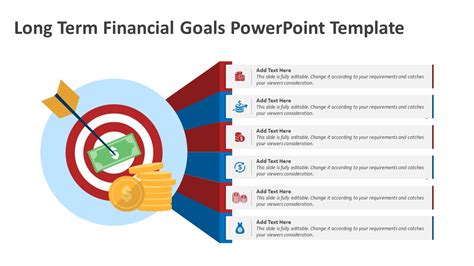For many men, the journey of financial management is a constant negotiation between the enticing pull of immediate wants and the prudent push towards long-term financial security. Discretionary income – money left over after essential expenses and taxes – presents a unique opportunity, but also a significant challenge in how it’s allocated. Understanding the typical patterns and underlying factors influencing these decisions can shed light on common financial behaviors and strategies.
The Immediate Gratification Lure
Immediate wants often manifest as purchases that provide instant satisfaction, comfort, or status. This could range from the latest tech gadgets, a new car, leisure travel, or dining out frequently. For some men, these expenditures serve as a reward for hard work, a means of social connection, or a way to maintain a desired lifestyle. The dopamine hit from a new acquisition or experience can be a powerful motivator, sometimes overshadowing the abstract benefits of future savings.
Societal pressures and marketing also play a role, often presenting consumer goods and experiences as essential for happiness or success. The desire to keep up with peers or to project a certain image can lead to a heavier weighting of immediate wants in the budgeting process.

The Foundation of Future Security
On the other side of the spectrum are long-term financial goals: retirement savings, investments, a down payment for a home, children’s education, or building an emergency fund. These goals require discipline, foresight, and a willingness to defer gratification. The benefits are substantial – financial independence, security, and peace of mind – but they are often distant and less tangible than an immediate purchase.
For men, the motivation for long-term planning often stems from a sense of responsibility, whether it’s for their own future well-being or for providing for a family. As men age and take on more responsibilities, the emphasis on these long-term goals typically grows, often becoming the primary driver of their financial strategy.

Common Prioritization Tendencies Among Men
While individual approaches vary, several patterns emerge in how men typically prioritize their discretionary income:
- Early Career Focus on Experiences and Investments: Younger men might allocate more to social experiences, travel, or career-enhancing investments (e.g., certifications, networking events), alongside starting small investments.
- Mid-Career Balancing Act: As men enter their 30s and 40s, with potential family responsibilities and higher incomes, there’s often a more conscious effort to balance immediate lifestyle improvements (e.g., home renovations, better cars) with aggressive savings for retirement and children’s education.
- Later Career Consolidation: Older men, nearing retirement, tend to shift focus heavily towards maximizing retirement contributions and preserving capital, often reducing discretionary spending on wants unless they are well within their means.
- ‘Productive’ vs. ‘Consumptive’ Wants: Some men justify certain immediate wants (e.g., a new tool set, a home gym, a high-performance vehicle) by framing them as investments in a hobby, productivity, or personal well-being, blurring the line between want and long-term value.

Factors Shaping Financial Decisions
Several internal and external factors influence how men allocate their discretionary income:
- Age and Life Stage: As mentioned, responsibilities and priorities evolve significantly with age.
- Income Level: Higher income can make it easier to pursue both wants and goals, but it can also lead to lifestyle creep if not managed carefully.
- Financial Literacy: A better understanding of compound interest, investment strategies, and debt management often leads to more informed long-term planning.
- Relationship Status and Family: Being married or having children typically increases the focus on shared long-term goals and family security.
- Peer Influence and Social Status: The desire to maintain a certain standard of living or to appear successful can impact spending on immediate wants.
- Personal Values: Some men prioritize experiences over material possessions, while others may value security and stability above all else.

Strategies for a Balanced Approach
Finding a healthy balance between immediate gratification and long-term goals is crucial for financial well-being. Here are some effective strategies:
- Automate Savings: Set up automatic transfers to savings and investment accounts immediately after receiving a paycheck. This ‘pays yourself first’ strategy ensures long-term goals are prioritized before discretionary spending.
- Budgeting and Tracking: Create a clear budget that allocates specific amounts to both immediate wants and long-term goals. Tools and apps can help track spending and identify areas for adjustment.
- Set Clear Goals: Define specific, measurable, achievable, relevant, and time-bound (SMART) long-term goals. This makes the abstract future benefits more tangible and motivating.
- The 50/30/20 Rule: A popular guideline where 50% of income goes to needs, 30% to wants, and 20% to savings and debt repayment. While not rigid, it offers a good starting point.
- Mindful Spending: Before making a discretionary purchase, pause and consider its true value and whether it aligns with broader financial objectives.
- Build an Emergency Fund: Having a robust emergency fund provides a safety net, reducing the likelihood of dipping into long-term savings for unexpected immediate needs.

Ultimately, how men prioritize their discretionary income is a highly personal decision, shaped by a confluence of psychological, social, and economic factors. While the allure of immediate wants is strong, a thoughtful and disciplined approach that integrates both present enjoyment and future security is key to achieving lasting financial health and peace of mind.




